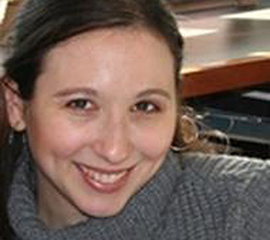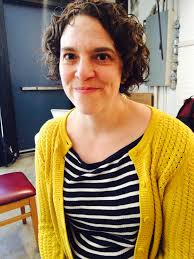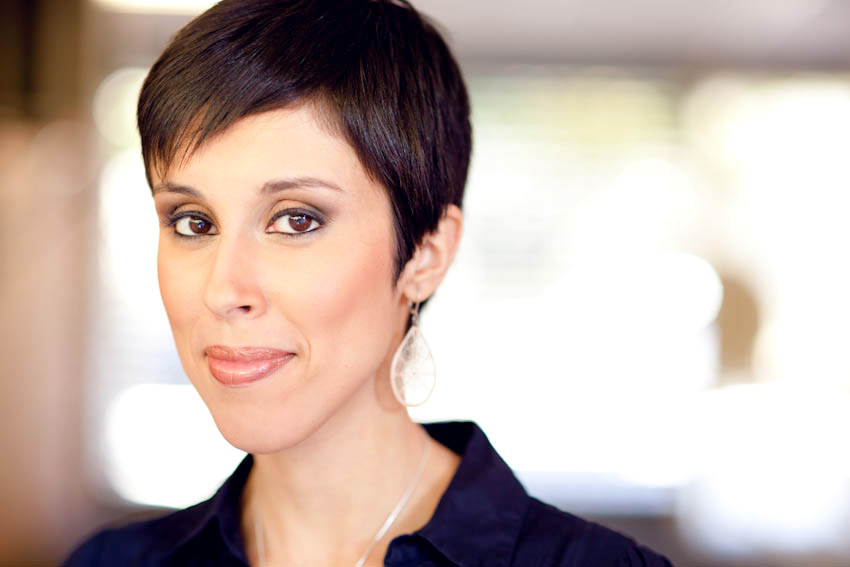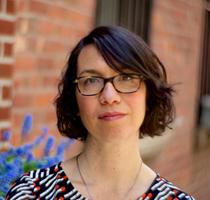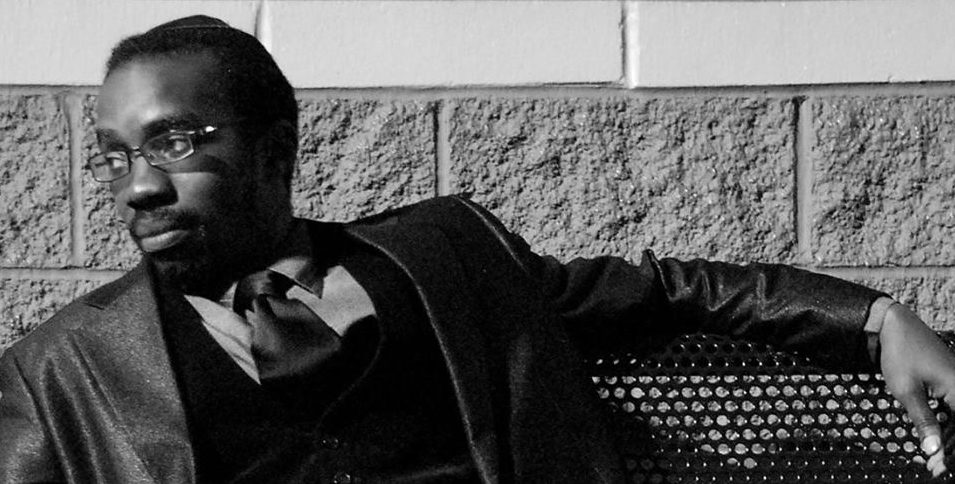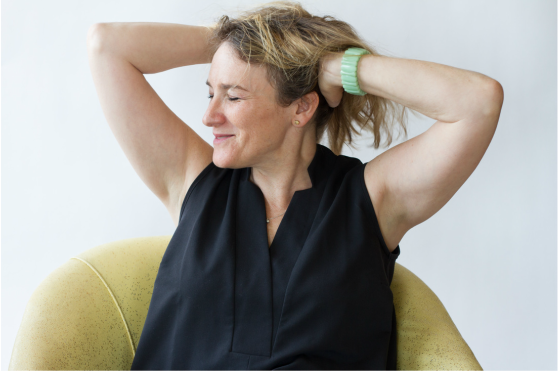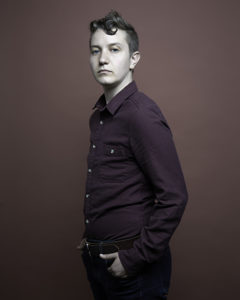The OPEN Festival Boldly Dives Into the Contemporary Jewish Narrative.
David Winitsky
Back in January, the JPP staff sat down for a critical discussion. The election had happened, the inauguration was upcoming, bomb threats were coming in to Jewish centers around the country, Marie Le Pen was raging across France, and Steve Bannon around the White House.
At the same time, Jared Kushner had the ear of the president, Bernie had come incredibly close to the office, Jews and Muslims were banding together across the country in solidarity against discrimination, and prominent rabbis were traveling to Standing Rock to stand with people in need.
Clearly, things were different in the Jewish world, and our upcoming Festival needed to respond. Artistic Associate Josh Benghiat joked, "Maybe the question is 'How is this Festival different from all others?'" We laughed hard, but then we stopped. THIS WAS EXACTLY THE QUESTION!
And thus, THE MAH NISHTANAH PLAYS was born.
With Resident Director Benjamin Kamine, we approached 2016 Artist Panel Reader Abigail Katz of the Atlantic Theater, 2016 & 2017 Panel Reader Miriam Weiner and 2014 OPEN Director (and Persian Jewish artist) Pirronne Yousefzadeh, and asked them to help us draft a call for short plays. We selected a short list of writers we loved, and asked them:
a) How does your Jewish identity feel different than if did a year ago?
b) What does your Jewish identity/ethics/values call upon you to DO in this moment?
We wanted a snapshot in time of a people and an identity in flux; of values and assumptions challenged, of anxiety and triumph; of diversity and solidarity. We wanted our artists - the creators of 21st Century midrash - to give us stories that we could use to gain insight.
We commissioned some of our favorite writers: 3-time OPEN participant Sarah Gancher (fresh off her success at the Public and on her way to net year's New York Theater Workshop season); 2014 Festival Playwright and Trans Jewish activist MJ Kaufman; New Georges Artistic Director and 2016 Artist Panel Reader Susan Bernstein; as well as one newcomer - writer, filmmaker, teacher and lecturer on Jews of Color, Shais Rishon, aka MaNishtana (100% Black, 100% Jewish, 0% Safe).
And they responded. Last week, we sat down for the first read through of 4 astonishing new plays:
Ivanka and Jared on Shabbat? Check.
The Alt Right in Europe? Check.
Trans history and the Mt. Carmel cemetery? Check.
Black Jews at a white wedding? Check and check.
Then we asked New Yiddish Rep, a company revolutionizing our understanding of traditional Jewish theater with riveting translations and vital reimaginings of classic texts in Yiddish. Fresh of their triumphant run of 2016 OPEN's GUT FUN NEKOME (God of Vengeance), they will bring us the WPA Theater's VAHK AYF UN ZING! (AWAKE & SING!) - Clifford Odet's working class masterpiece, in the mamaloshn!
Finally, we finished off our 7-city National Tour with the emotional punch of 2017 Jewish Playwriting Contest Winner Mark Leiren-Young's BAR MITZVAH BOY. A funny, touching, emotionally resonant exploration of faith and tragedy, this audience favorite perfectly rounds out the line-up.
Together, these six plays exemplify the JPP's mission: to help next-generation artists tell today’s Jewish stories by connecting them deeply with Jewish ideas, ethics and values.
Please join us for these vibrant, exciting, funny, entertaining slices of 21st Century Jewish life!
All love,
David Winitsky
Artistic Director





